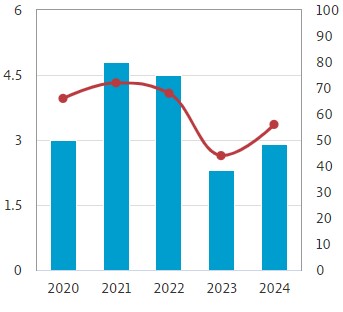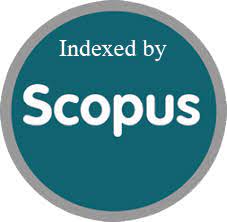TQM for Information Systems: Are Indian Organizations Ready?
DOI:
https://doi.org/10.18848/ijikm.v5i1.20Keywords:
Total Quality Management (TQM), Information Systems (IS), TQM benefits realized, IS managers, Indian OrganisationsAbstract
Conceiving that Total Quality Management (TQM) is a process of embedding quality awareness at every step of production or service while targeting the end customer, we represent it as based on five cardinal principles of top management conviction, customer centric advancements of processes, benchmarking, relentless improvement, and strengthening the employee base. Lodged in the back-drop of increasing awareness for benefit realization through a synergy between Information Systems and TQM this paper examines the readiness of IS managers in India for TQM. Drawing from the results of a questionnaire-based survey conducted amongst IS professionals of some Indian companies it uses multivariate analysis to quantify the extent of top management support for TQM in IS, the extent of benefits realized by TQM, relationship between IS-TQM realized benefits and top management support and relationship between the IS-TQM realized benefits and TQM principles implemented. We conclude that Indian IS managers have a fair understanding of TQM and this shows an upward trend. Top management support is the single most important factor needed for implementation of TQM for IS and better quality of services is presumed to be the most important benefit realized by the firm. The findings fall in compliance with other studies but contribute to research in the unique Indian Market for a potential global investor.





